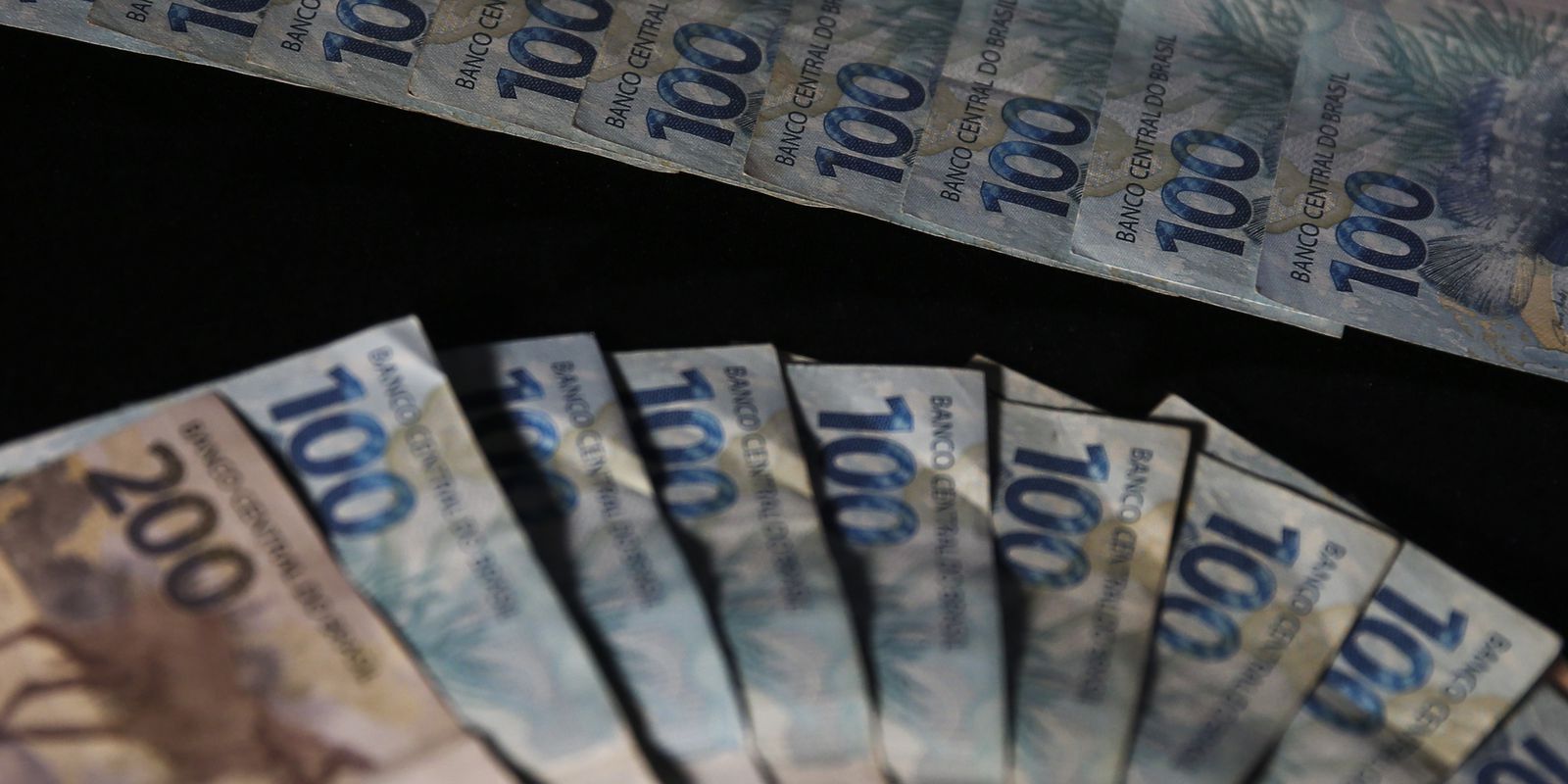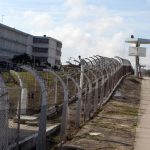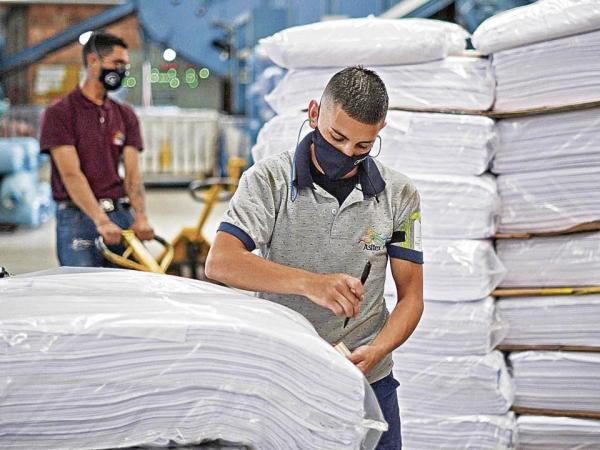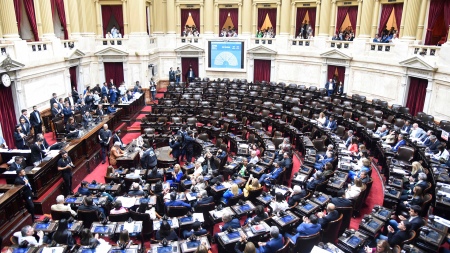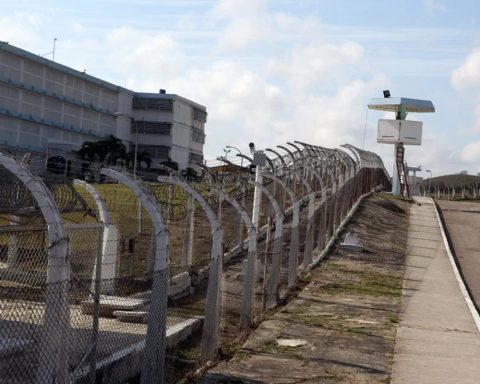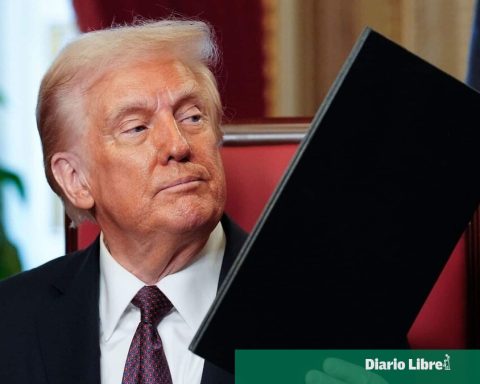The record collection and the increase in royalties of petroleum made the public accounts register, in January, the second best positive result of the historical series for the month. Last month, the Central Government – National Treasury, Social Security and Central Bank – registered a primary surplus of R$ 78.326 billion, announced today (27) the National Treasury.
In nominal values, this is the biggest surplus for the month since the beginning of the historical series, in 1997. When discounting inflation by the Extended National Consumer Price Index (IPCA), the account most used by analysts, the result was the second best of the historical series. The January result is only lower than that of the same month in 2022.
The result was better than expected by financial institutions. According to the Prisma Fiscal survey, released every month by the Ministry of Economy, market analysts expected a positive result of R$ 55.3 billion in the period.
The primary result represents the difference between revenues and expenditures, excluding interest payments on the public debt. This year’s Budget Guidelines Law (LDO) establishes a primary deficit target of R$ 231.5 billion for the Central Government (National Treasury, Social Security and Central Bank). In January, the Minister of Finance, Fernando Haddad, announced a package that aims to raise revenue and revise expenditures to improve public accounts and reduce the deficit to around R$100 billion.
Revenues
Despite the record collection in January, revenues began the year growing at a slower pace than expenses. In the last month, net revenues grew 8.3% compared to January last year in nominal terms. Discounting IPCA inflation, growth came to 2.4%. Driven by Bolsa Família in the amount of R$600, total expenses rose 12.1% in nominal terms and 6% after discounting inflation.
Regarding the payment of taxes, there was an increase of R$ 9.87 billion above inflation in Income Tax (+11.1% above inflation), mainly due to the increase in corporate profits withheld at source. In large part, this increase reflects the increase in the profit of companies and energy and oil. Social Security inflows rose R$3.88 billion above inflation (+9.2%), reflecting the improvement in the labor market.
With the drop in oil prices on the international market, revenues from royalties fell R$ 2.57 billion (-13.4%) discounting inflation last month compared to January 2022. Currently, the international barrel price is around US$ 74 after having reached US$ 120 in the middle last year because of the war between Russia and Ukraine.
Expenses
On the expenses side, there was a drop of BRL 3.5 billion in extraordinary credits, mainly expenses associated with combating the covid-19 pandemic. However, this decline was offset by the increase in other expenses.
Spending on social programs rose after the Constitutional Amendment of the Transition, which made the minimum amount of Bolsa Família official to R$600. The measure had an impact of R$5.7 billion above inflation on spending in January.
On the other hand, spending on federal civil service fell 2.9% in January after discounting inflation. The drop reflects the salary freeze for civil servants that was in effect between July 2020 and December 2021 and the lack of readjustments in 2022.
Regarding investments (public works and purchase of equipment), the federal government invested R$ 1.667 billion in the first month of the year. The value represents an increase of 109.4% discounted by the IPCA compared to the same period in 2022. This increase is due to the Constitutional Amendment of the Transition, which guaranteed fiscal space for the recomposition of public investments.
